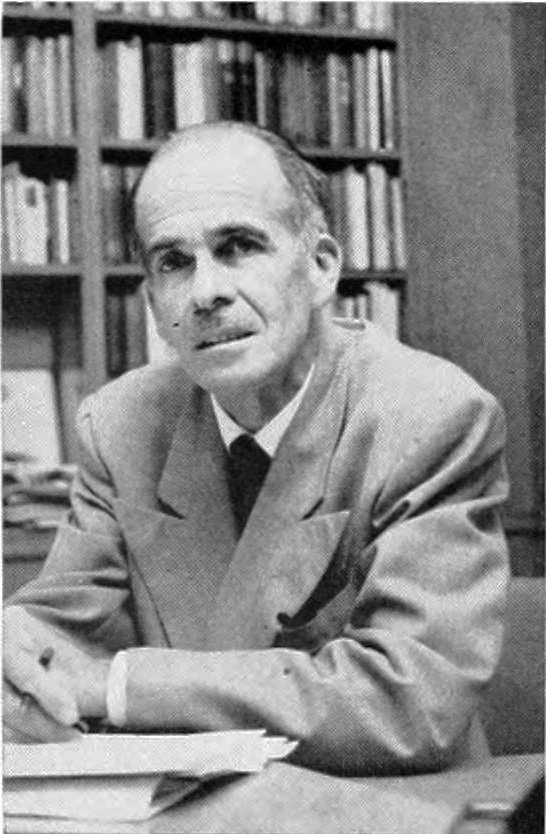To achieve lasting literature, fictional or factual, a writer needs perceptive vision, absorptive capacity, and creative strength.

"Lawrence Clark Powell" was a librarian, literary critic, bibliographer and author of more than 100 books.[http://vnweb.hwwilsonweb.com/hww/results/getResults.jhtml?_DARGS=/hww/results/results_common.jhtml.17 "Powell, Lawrence Clark."] Current Biography. 1960. Current Biography. Online. H.W.
Wilson. Accessed January 10, 2008.
He was University Librarian at the UCLA Library and head librarian of the William Andrews Clark Memorial Library from 1944 until 1961. He was the first dean of the School of Library Service at UCLA, which later merged to become the UCLA Graduate School of Education and Information Studies/Graduate School of Education and Information Studies. He received a BA from Occidental College in 1928, a doctorate from the University of Burgundy in Dijon, France/Dijon (:fr:Université de Bourgogne/Université de Bourgogne) in 1932, and a Certificate of Librarianship from UC Berkeley in 1937.
More Lawrence Clark Powell on Wikipedia.Books themselves need no defense. Their spokesmen come and go, their readers live and die, they remain constant.
No university in the world has ever risen to greatness without a correspondingly great library... When this is no longer true, then will our civilization have come to an end.
What makes a book great, a so-called classic, it its quality of always being modern, of its author, though he be long dead, continuing to speak to each new generation.
The good writer, the great writer, has what I have called the three S's: the power to see, to sense, and to say. That is, he is perceptive, he is feeling, and he has the power to express in language what he observes and reacts to.
A book is one of the most patient of all man's inventions. Centuries mean nothing to a well-made book. It awaits its destined reader, come when he may, with eager hand and seeing eye. Then occurs one of the great examples of union, that of a man with.
Printing is no longer the only way of reproducing books. Reading them, however, has not changed; it is the same as it has always been, since Callimachus administered the great library in Alexandrea.
I can speak of my own criterion for judging whether or not a book is good or bad. I ask of it a single question, From how deep and true an impulse did it spring? Was it written merely to shock? Only to make money? Or was it written to create somethin.
We are the children of a technological age. We have found streamlined ways of doing much of our routine work. Printing is no longer the only way of reproducing books. Reading them, however, has not changed...
Copyright © 2024 Electric Goat Media. All Rights Reserved.